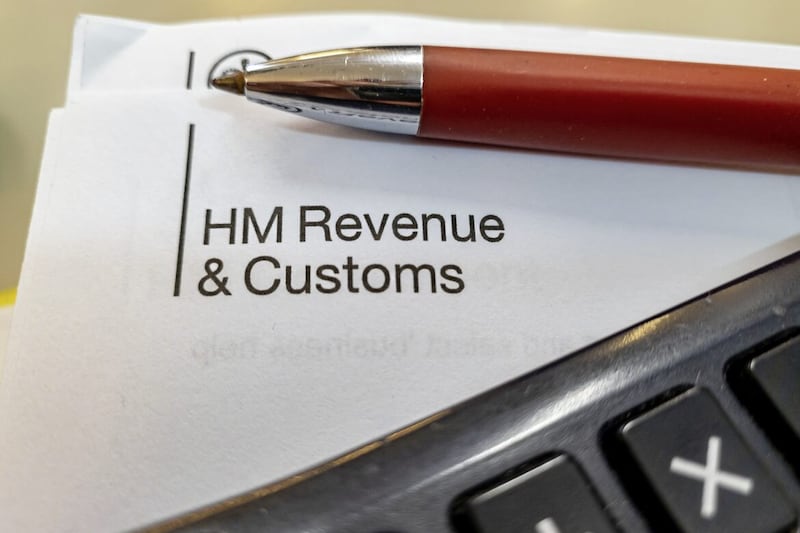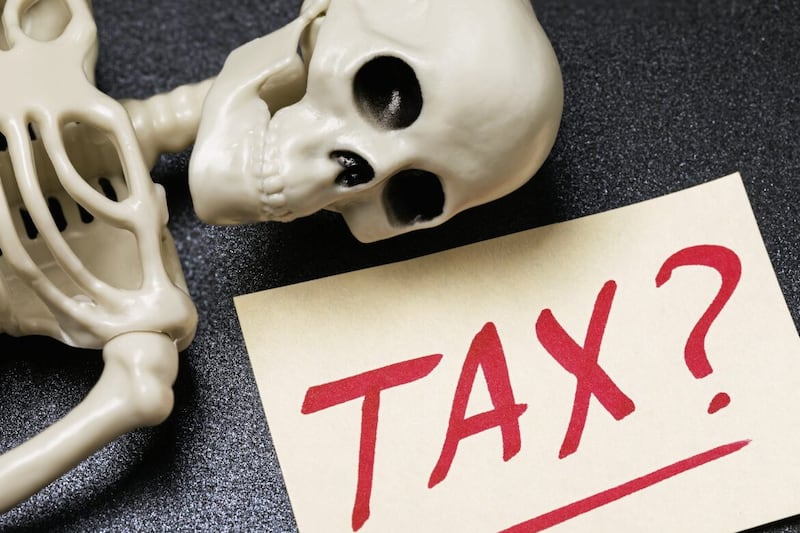QUESTION: I am the executor and sole beneficiary of my late uncle’s estate which includes a residential property, a share portfolio and some EIS investments. Since my uncle died, the investments have increased in value and I am concerned that I as executor may have tax to pay, how does the process work? He was a widower with no children and inherited his late wife’s estate upon her death.
ANSWER: The answer to your question involves three taxes - inheritance tax (IHT), capital gains tax (CGT) and income tax (IT).
At the date of death all the assets of the deceased are revalued at market value and these values form the basis of the deceased estate IHT computation. Every UK taxpayer has an IHT tax free band (‘the nil rate band’ or NRB) as well as potentially a residential nil rate band (RNRB). The NRB is currently £325,000 and if unused in all or part, the unused portion is transferred to the surviving spouse on their death.
You state that your late aunt left all her estate to your uncle so as that is an exempt transfer for IHT, her full NRB is available to your uncle’s estate along with his own. What this means is that your uncle’s estate has a combined NRB of £650,000. If the estate is worth more than that the excess is taxed at 40 per cent. The value of the EIS investments is normally exempt from IHT due to a relief known as business property relief.
Your uncle owned a property which he has left to you. Unfortunately, as you are not a lineal descendant of your uncle, the estate will not benefit from either his £175,000 RNRB or your late aunts which like the NRB is also transferable on death if unused.
In terms of CGT, death is not a ‘chargeable event’ for CGT, rather the chargeable assets (shares, EIS investments and the property) are all revalued to market value as at the date of death. These values are returned on an Inheritance Tax Return to HMRC and any tax due for payment must be paid within 6 months of death. This can cause executors a problem in that they have no access to the estate assets or cash to pay the IHT bill and often need to get a bank loan to pay it.
Once the IHT is paid and HMRC accept the return, the Solicitor applies for Probate from the Probate office and when this is obtained, you (the executor) can begin to realise the assets and distribute the estate in accordance with your uncle’s will.
There is normally a significant time gap between death, obtaining probate and distributing the estate and therefore the Estate becomes a taxpayer in its own right and tax returns must be filed for the relevant tax years that the estate remains in administration. So, as you have said that investments have increased in value since your uncle’s death, there will be CGT to pay based on the realisation value above the market value or Probate value at death.
There are EIS shares in the estate and normally when EIS shares are sold any deferred capital gain is brought back into charge. However, on death any such gain is not brought into charge as death is not a chargeable event for CGT. You as executor will assume the EIS shares at probate value and if you sell the EIS shares at an amount above this value you will have CGT to pay. The shares lose their CGT exempt status upon your uncle’s death because it was, he and not you who claimed the income tax exemption which is a requirement for CGT exemption.
If the residential property has fallen in value since his death it would be advisable for the estate to sell the property as the capital loss could be offset against the gain on the shares during the estate administration as long as the loss is realised in the same or a year earlier that the gain on the shares is realised.
Paddy Harty (p.harty@fpmaab.com) is private client partner at FPM Accountants Ltd (www.fpmaab.com). The advice in this column is specific to the facts surrounding the question posed. Neither the Irish News nor the contributors accept any liability for any direct or indirect loss arising from any reliance placed on replies








